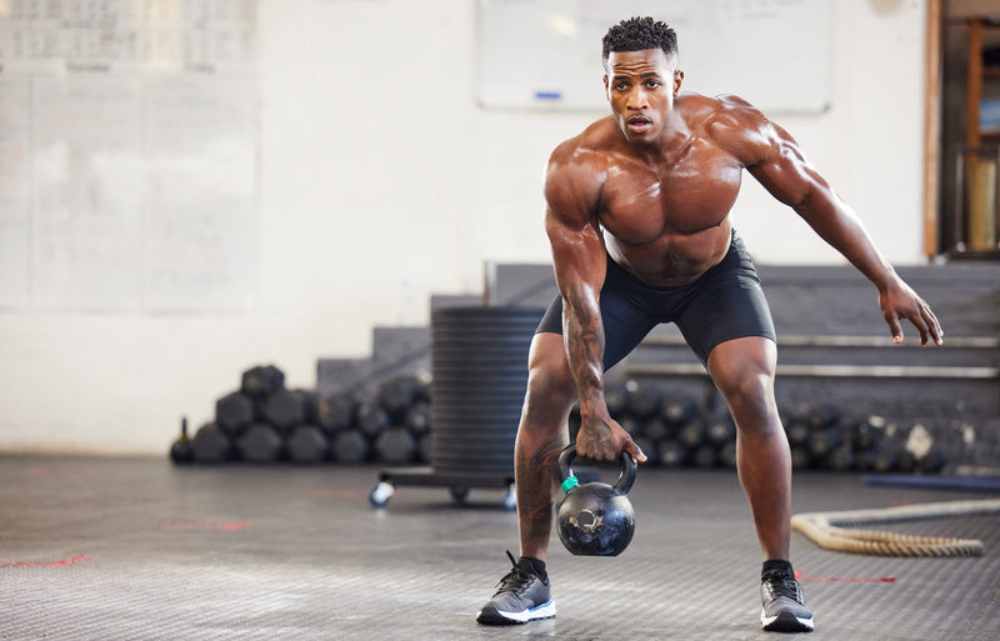
Building Lean Muscle Without Bulking Up
You want to build lean muscle but don’t want to bulk up. The concept of growing stronger while maintaining a leaner physique is alluring. In this blog, we will look at building more lean muscle through body recomposition. We’ll review proven methods, prevalent myths, and expert advice to get you closer to your fitness goals.
The road to building lean muscle is paved with myths. Many believe that lifting weights will make them muscly. This misconception can prevent people from incorporating strength training into their routines. However, you can improve muscle definition and strength with the right approach without gaining size.
Key Benefits / Why It Matters

Achieving a Balanced Physique
Building lean muscle helps create a balanced and attractive physique. Lean muscle enhances definition, leading to a toned look. A lean physique can improve overall health, lower disease risk, and boost longevity.
Boosting Metabolism
Lean muscle is vital for increasing metabolism. Muscle burns more calories at rest than fat, so adding lean muscle can raise your resting metabolic rate. As a result, it helps with weight management and fat loss, contributing to a leaner body.
Enhancing Functional Strength
Focusing on lean muscle builds functional strength. This strength is essential for daily tasks and overall quality of life. Functional strength allows you to perform everyday movements smoothly. You can enhance your physical abilities without adding bulk by emphasising strength without size.
Real-Life Applications and Data-Backed Insights
Research shows that resistance training promotes muscle hypertrophy without significantly increasing size. A study in the Journal of Strength and Conditioning Research found that low-volume resistance training can boost muscle strength and endurance without significant muscle growth. This suggests that targeted training can effectively build lean muscle.
Step-by-Step Guide / Actionable Insights
Step 1: Understand Body Recomposition Principles
Body recomposition is about losing fat while gaining muscle. To succeed, focus on nutrition and exercise. A calorie deficit is needed for fat loss, while protein supports muscle growth and repair. Aim for a balanced diet rich in lean proteins, healthy fats, and complex carbs to fuel workouts and recovery.
Nutrition Strategies for Lean Muscle
- Prioritise Protein: Eat enough protein to support muscle synthesis. Aim for 1.6 to 2.2 grams of protein per kilogram of body weight.
- Balance Macronutrients: Include carbohydrates and fats for energy and hormonal balance.
- Monitor Caloric Intake: Keep a slight calorie deficit to promote fat loss while preserving muscle.
Step 2: Design an Effective Workout Routine
Your workout routine should mix resistance training and cardio. Focus on compound movements like squats, deadlifts, and bench presses. Also, high-intensity interval training (HIIT) can improve cardiovascular fitness and boost fat loss.
Resistance Training Tips
- Lift Moderate Weights: Use moderate weights with higher reps to build muscle endurance and definition.
- Incorporate Progressive Overload: Gradually increase workout intensity to challenge muscles and stimulate growth.
- Focus on Form: Proper form prevents injury and maximises exercise effectiveness.
Step 3: Monitor Progress and Adjust as Needed
Tracking progress is key for body recomposition goals. Regularly check body measurements, strength levels, and overall fitness to see how well your plan works. Be open to adjusting your nutrition and exercise based on your progress.
Additional Expert Tips & Common Mistakes to Avoid

Expert Tips for Success
- Stay Consistent: Consistency is crucial for long-term results. Stick to your workout and nutrition plan, and be patient.
- Prioritise Recovery: Allow enough time for rest and recovery to prevent overtraining and support muscle growth.
- Seek Professional Guidance: Consider working with a fitness professional or nutritionist to tailor your approach to your goals.
Common Mistakes and Misconceptions
- Avoiding Weights Due to Fear of Bulking: Lifting weights doesn’t automatically make you bulky. Focus on the proper training to achieve lean muscle.
- Neglecting Nutrition: Exercise alone isn’t enough for building lean muscle. Nutrition is also vital.
- Overtraining: More isn’t always better. Ensure your body gets enough recovery time between workouts.
Advanced Insights / Expert Recommendations
Understanding the Role of Hormones
Hormones significantly affect muscle growth and fat loss. Balanced hormones through proper nutrition, stress management, and sleep can enhance lean muscle building. Cortisol, a stress hormone, can slow muscle growth and increase fat storage, so managing stress is critical.
Exploring Supplementation
While a balanced diet is essential, some supplements can help. Protein powders, like whey or plant-based options, can meet your protein needs. Branched-chain amino acids (BCAAs) may aid muscle recovery and reduce soreness.
Achieving Strength Without Size

With sufficient methods, constructing muscle without bulking is practical. Learn about body recomposition and how to achieve muscle definition without gaining size and strength through exercise and proper nutrition without making common mistakes. Remember that it can take time and a sustained effort to see results.
When beginning your fitness journey, consider contacting professionals for personalised recommendations. It will take time, so commit to the journey and be proud . Do you want to sculpt your body like never before while avoiding bulking up? Start today and take the first step toward your fitness goals.


